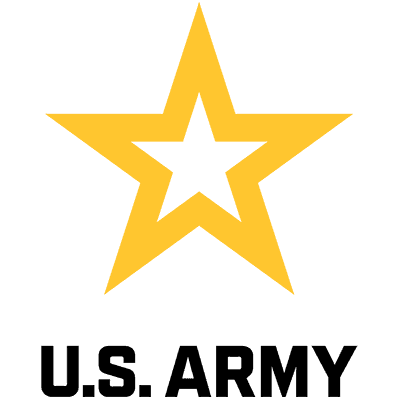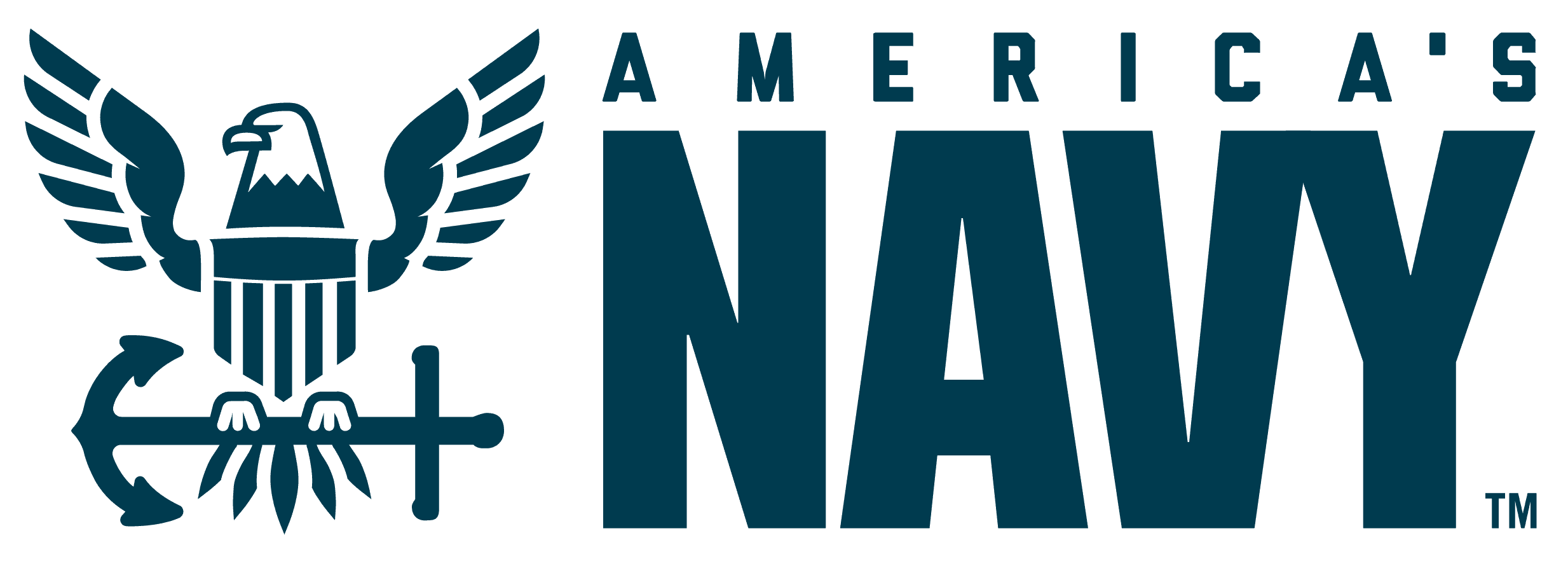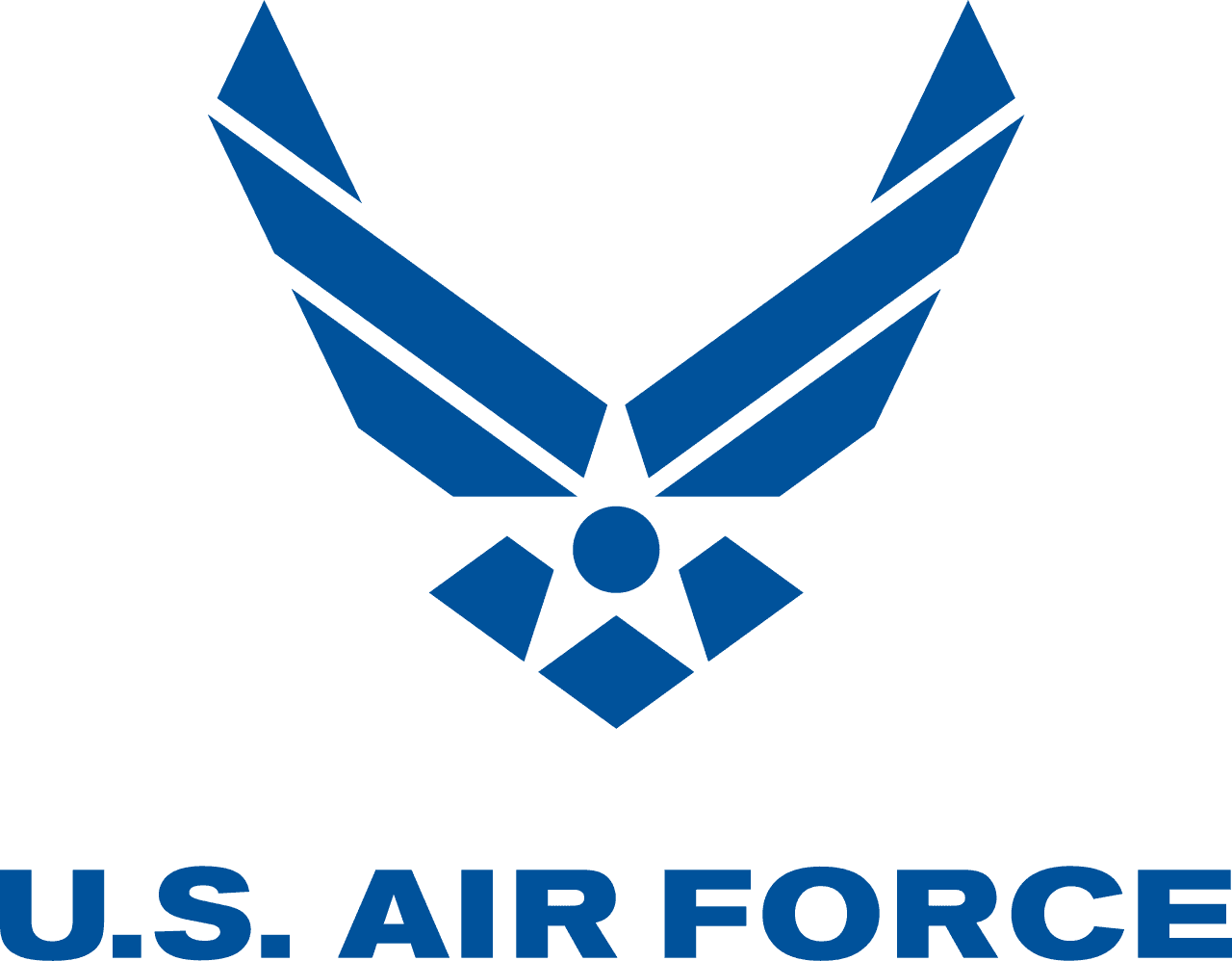Military Oncologists / Hematologists
Overview
What are the responsibilities of this role?
Oncologists/hematologists examine patients, diagnose blood and other malignancies, and recommend treatment protocols. They provide various types of medical care including radiation therapy, chemotherapy, blood transfusions, and bone marrow transplants. Oncologists and hematologists work closely with specialized nurses, pharmacists, dietitians, social workers, laboratory scientists, and physicians from other disciplines — like surgery, pathology, diagnostic radiology, nuclear medicine, radiation, and psychiatry.
What is the work environment like?
Oncologists/hematologists work in hospitals and clinics on land and aboard ships.
How many people have this role in the Military?
1,866
Compensation
Understanding How Military Pay is More Than Just a Salary
Base pay is the standard income you’ll earn as a service member, providing a stable foundation to start achieving your financial goals.
- Always fixed based on rank and service time.
- Distributed monthly.
What is the typical salary range?
$105,489
$134,183
$167,090
Military Details
What Service Branches offer this role?
Is this a staff or leadership role?
What does the training for this role entail?
Job training for oncologists/hematologists primarily consists of on-the-job learning in various training environments. Scholarships for advanced medical training are available in return for an obligated period of military service. Qualifying students benefit through unique training experiences and get to attend certain military short courses designed to develop tactical, technical and operational skills unique to the military environment. Like other officers working in healthcare, they complete a comprehensive training program covering responsibilities, orientation to military structure, healthcare and etiquette, traditions, and leadership development. Job-specific training may include:
- Team Strategies and Tools to Enhance Performance and Patient Safety/TeamSTEPPS® Essentials and Fundamentals
- Mishap Investigation and Prevention
- Operational Aeromedical Problems
- Senior Leadership
- Joint Operations Medical Management
Education
What level of education do professionals in this role have?
Which college majors best prepare you for this role?
No data available for this section.
Learn About How Military Can Pay for 100% of your College Degree
Skills and Interests
What knowledge is essential to bring to the table?
- Medicine and Dentistry
- Therapy and Counseling
- Psychology
- Biology
- Education and Training
What personality traits help people thrive in this role?
You love figuring out how things work and researching subjects that interest you.
You love connecting with people, helping others and making a difference in your community.
You love hands-on work and solving practical problems — like fixing things and building stuff.
RIASEC represents six broad interest areas—Realistic, Investigative, Artistic, Social, Enterprising and Conventional—helping individuals identify careers that match their skills and preferences.
Take the RIASEC TestData supplied by Bureau of Labor Statistics, National Center of Education Statistics, Defense Manpower Data Center (View our update schedule). Contact any business, college or military service branch to answer additional questions.


